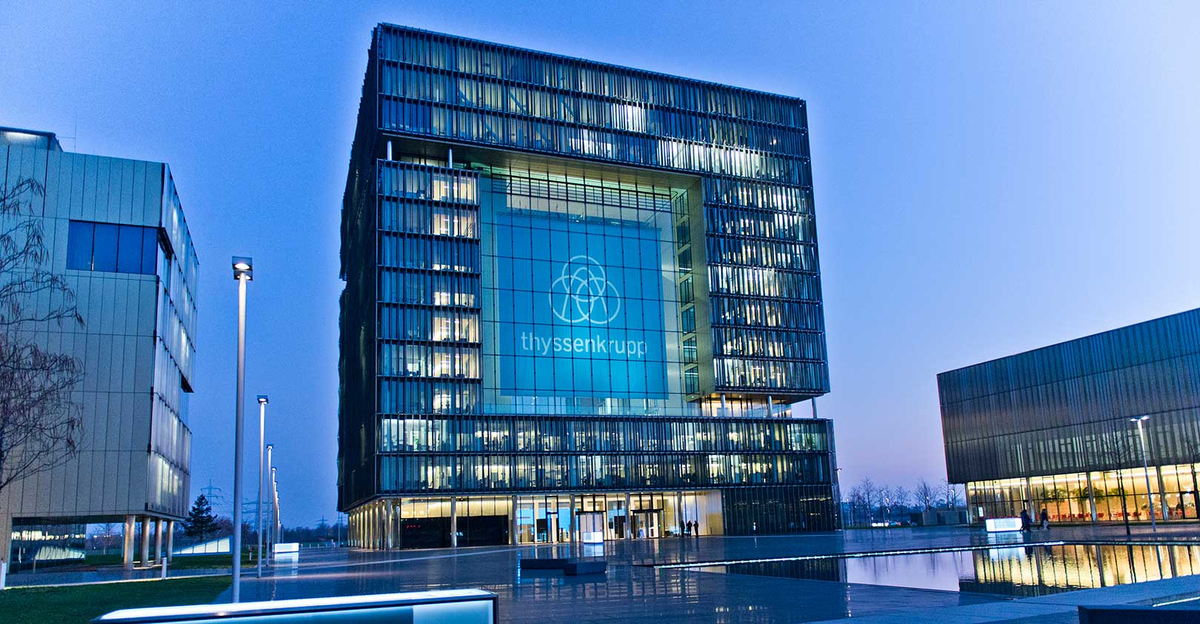Thyssenkrupp Materials Services is reaffirming its own sustainability ambitions, now aiming to operate on a climate-neutral basis worldwide as early as 2030 – around 20 years earlier than originally set.
“As the biggest mill-independent materials distribution and service provider in the western world, we can exert an influence in over 40 countries around the world,” chief executive Martin Stillger says in a statement.
All direct emissions at the more than 400 locations worldwide and all the company’s own indirect emissions from energy consumption are being reduced as far as possible. This would mean a reduction in CO2 emissions of more than 100,000 tonnes/year by 2030, around 60% less than in fiscal year 2017/2018 (187,220t). Energy efficiency programmes, the switch to green electricity, investments in photovoltaics and the switch to LED lighting, for example, all serve to achieve this goal.
The company says it also wants to support customers in this challenge, by increasingly offering CO2-reduced products in the future – the first batches of CO2-reduced steel are already available to customers.
At Kallanish Europe Steel Markets in June, Stillger said the discussion about low-carbon steels “has gained a speed which we had not expected”. He observed that many consumers have started factoring a “shadow price” in to their calculations, an additional cost for avoiding CO2, “and this will soon turn into real pricing”. Such ambitions originate on the side of the consumer – not least carmakers – “and this will be the game changer of the next three years”, he added.
Christian Koehl Germany






